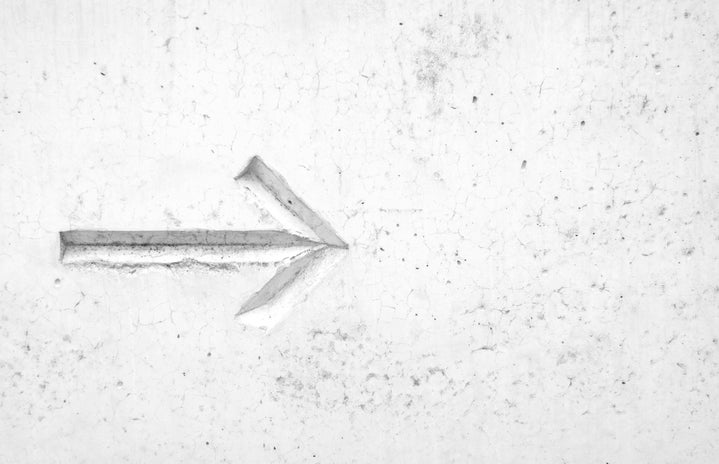I treat other people better than I treat myself. When I feel toxicity in any relationship I usually let it slide, and rationalize based on the other person’s needs rather than my own. I’m extremely non-confrontational because I’m afraid of upsetting my friends. I hold myself to unfairly high standards, and I beat myself up when I’m disappointed that I haven’t delivered. But when other people come to me with these same problems, I always tell them to cut themselves some slack.
Image via Drop the Label Movement on Unsplash
I remind them that no one can be perfect no matter how hard they try, but “taking responsibility” is different from “taking the blame.” If you can recognize your faults while also not allowing yourself to feel ashamed of them, you are much more likely to pick yourself up and do better tomorrow. On top of that, while you should respect the people around you, you do not need to be putting their interests ahead of your own. Being able to admit when you’re wrong doesn’t mean you should immediately assume so. Most of the advice I give is some variation of this. Not only does it help, but I absolutely believe all of the kind words I say to other people. If that’s the case, then why am I not able to be helpful and kind to myself? Why can’t I listen to my own advice?
Image via Drop the Label Movement on Unsplash
I think it boils down to the way I look at myself versus other people. I am too aware of my faults and I feel defeated that I haven’t fixed them. In the back of my mind, I tell myself I don’t deserve forgiveness for my mistakes because I shouldn’t have made them in the first place. I would never say something so unfair to anyone else. I consistently notice that many of my problems are caused or perpetuated by my own flaws, and I feel disappointed that I haven’t done something about them, even when I know that I’ve been trying my best.
In fact, a major one of these flaws is how I treat myself. My negative thoughts overshadow my positive ones,and it affects not only me but my loved ones too. What I don’t always remember is that just by reflecting on all of these things I am doing better than before. Self-improvement is not a quick process. There is nothing about me that needs to be “fixed.” There are plenty of things I can work on, but nothing is “wrong” with me.I don’t have to apologize for things I can’t immediately change. All I can do is try to be better next time while also being patient with myself. I am slowly learning to be more tolerant and understanding of myself, the way I would be with anyone else.
Image via Drop the Label Movement on Unsplash
Self-love is a struggle not only to accept yourself as you are, but, as the term suggests, to love yourself unconditionally. Your relationship with yourself is different from any other relationship you could ever have. It is certainly the most important in your life, but it can also be the most difficult at times. You don’t get any breaks. You can’t exactly go into another room to blow off steam when you’re frustrated with yourself. Loving yourself, however, is not that different from loving other people, it just takes a little more patience and kindness. Take a look at the people you love and the way that you love them. Next time you start to criticize yourself, consider what you might say to someone you love in the same situation. You deserve to care just as much about yourself as you do about your friends, family, significant other, or anyone else in your life who is important to you.
Image via Drop the Label Movement on Unsplash
Let this serve as a reminder to listen to yourself. Listen to what your mind and body are telling you. When you feel exhausted and overworked, take a well-deserved break. Expect a certain level of respect from the people around you and don’t tolerate anything less. Listen to yourself externally as well. Practicing what you preach gives your words substance and truth. It may be difficult to see from where you stand, but you are not as bad as you think you are.
The images included in this article represent the Drop the Label Movement, which encourages self-acceptance by rejecting unrealistic beauty standards and spreading the positive message that people are much more than their clothing size (or any other restricting label). Learn more at dropthelabelmovement.com.



